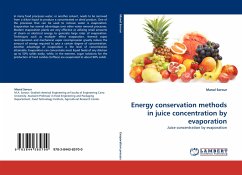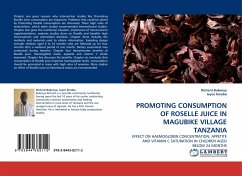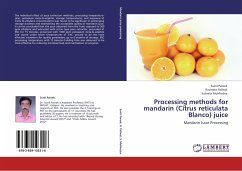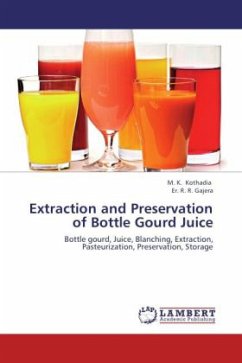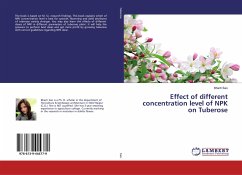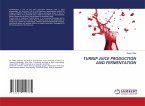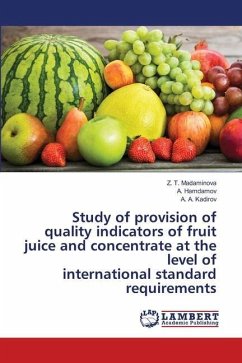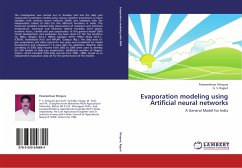In many food processes water, or another solvent, needs to be removed from a dilute liquid to produce a concentrated or dried product. One of the processes that can be used to remove water is evaporation. Evaporation has several advantages over other water removal processes. Modern evaporation plants are very effective at utilizing small amounts of steam or electrical energy to generate large rates of evaporation. Techniques such as multiple- effect evaporation, thermal vapor recompression and mechanical vapor recompression greatly reduce the amount of energy required to give a certain degree of concentration. Another advantage of evaporation is the level of concentration attainable. Evaporation can concentrate most liquid feeds of any dilution up to 50% solids easily, while, in the extreme, sugar solutions for the production of hard candies (toffees) are evaporated to about 98% solids.
Bitte wählen Sie Ihr Anliegen aus.
Rechnungen
Retourenschein anfordern
Bestellstatus
Storno

